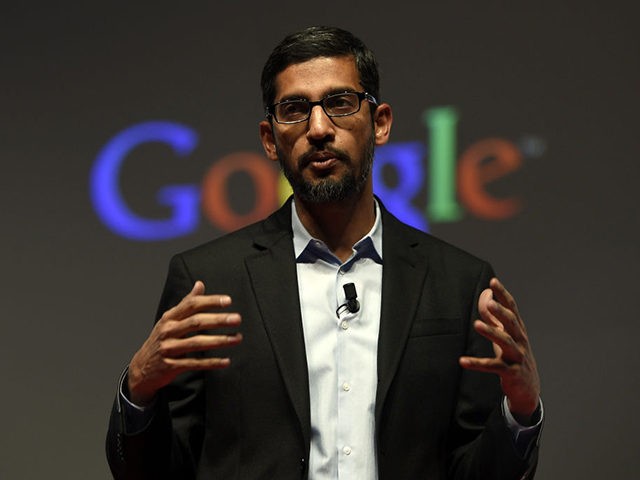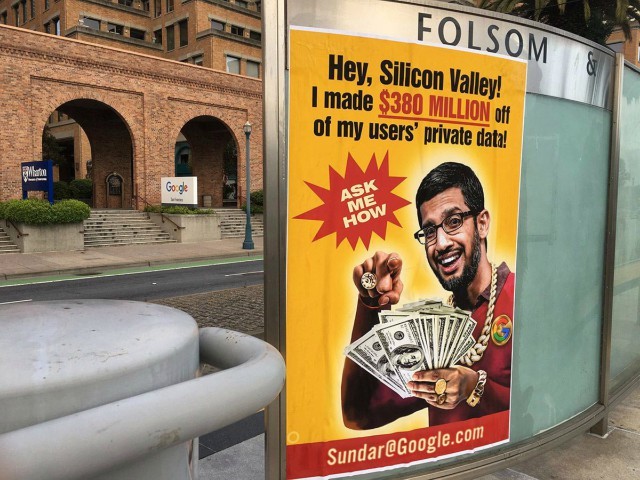The New York Times, one of the wealthiest media companies in the world with annual revenues of $2.3 billion, is about to receive a major payday: $100 million over three years from Google in a deal to feature the newspaper’s content on its platforms.
The corporate legacy media spent the bulk of its lobbying power over the past two years demanding Congress pass the Journalism Competition and Preservation Act (JCPA), a proposed bill that would have forced Big Tech to funnel money to a cartel made up of establishment media companies.

NEW YORK, USA – JUNE 29 : People enter the New York Times (NYT) building in New York, United States on June 29, 2017. NYT employees start a temporary strike against downsizing and dismissal plans of the NYT management. (Photo by Volkan Furuncu/Anadolu Agency/Getty Images)
But Big Tech was always ready and willing to bail out the media voluntarily, as evidenced by Google’s latest deal with the New York Times.
Google will pay the left-leaning establishment newspaper approximately $100 million over three years as part of a broad deal to allow the tech giant to feature the NYT’s content across its platforms.
The deal follows other bonanza payments from Google to media companies, including Rupert Murdoch’s News Corp, whose lobbyists pushed heavily for the JCPA while Democrats controlled Congress.
It was a News Corp publication, the Wall Street Journal, that broke news of the NYT’s upcoming big tech windfall.
Via the Wall Street Journal:
The deal includes the Times’ participation in Google News Showcase, a product that pays publishers to feature their content on Google News and some other Google platforms, some of the people said. The product has yet to be launched in the U.S., but is available in other countries including Germany, Brazil and Australia.
News Corp, parent of Journal publisher Dow Jones & Co., is among the publishers that previously have reached agreements with Google over Showcase and other elements. News Corp in early 2021 announced a multiyear deal with Google and said the deal and other partnerships would generate a combined annual revenue of more than $100 million. Beyond the Journal, News Corp owns news organizations in Australia and the U.K., as well as Barron’s, MarketWatch and the New York Post in the U.S.
Per the WSJ’s report, the deal also encompasses “content distribution and subscriptions, as well as using Google tools for marketing and ad-product experimentation,” although further details of these elements were not revealed by either party.
It’s not the first time Google has devoted large sums of money to propping up the legacy media. In 2019, it committed $300 million to “elevate and strengthen quality journalism.”
Google approved the massive payout for the New York Times despite the fact that the newspaper already has a robust revenue total of $2.3 billion from a variety of sources last year.
By way of comparison, Substack, widely seen as a behemoth of both journalism and subscription revenue, had an estimated $145 million in gross merchandise volume (GMV – the amount of revenue processed by the platform) last year, with an estimated $19 million in revenues for the company itself.
That’s a big revenue stream, even by the standards of tech companies — but it is still dwarfed by the New York Times.
Allum Bokhari is the senior technology correspondent at Breitbart News. He is the author of #DELETED: Big Tech’s Battle to Erase the Trump Movement and Steal The Election.


COMMENTS
Please let us know if you're having issues with commenting.